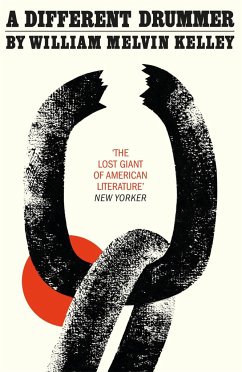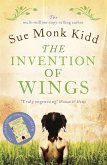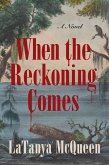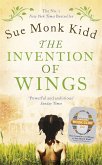'More than lives up to the hype' Observer
'Set to become a publishing sensation' Kirsty Lang, BBC Front Row
'An astounding achievement' Sunday Times
'The lost giant of American literature' New Yorker
June, 1957. One afternoon, in the backwater town of Sutton, a young black farmer by the name of Tucker Caliban matter-of-factly throws salt on his field, shoots his horse and livestock, sets fire to his house and departs the southern state. And thereafter, the entire African-American population leave with him.
The reaction that follows is told across a dozen chapters, each from the perspective of a different white townsperson. These are boys, girls, men and women; either liberal or conservative, bigoted or sympathetic - yet all of whom are grappling with this spontaneous, collective rejection of subordination.
In 1962, aged just 24, William Melvin Kelley's debut novel A Different Drummer earned him critical comparisons to James Baldwin and William Faulkner. Fifty-five years later, author and journalist Kathryn Schulz happened upon the novel serendipitously and was inspired to write the New Yorker article 'The Lost Giant of American Literature', included as a foreword to this edition.
Hinweis: Dieser Artikel kann nur an eine deutsche Lieferadresse ausgeliefert werden.
'Set to become a publishing sensation' Kirsty Lang, BBC Front Row
'An astounding achievement' Sunday Times
'The lost giant of American literature' New Yorker
June, 1957. One afternoon, in the backwater town of Sutton, a young black farmer by the name of Tucker Caliban matter-of-factly throws salt on his field, shoots his horse and livestock, sets fire to his house and departs the southern state. And thereafter, the entire African-American population leave with him.
The reaction that follows is told across a dozen chapters, each from the perspective of a different white townsperson. These are boys, girls, men and women; either liberal or conservative, bigoted or sympathetic - yet all of whom are grappling with this spontaneous, collective rejection of subordination.
In 1962, aged just 24, William Melvin Kelley's debut novel A Different Drummer earned him critical comparisons to James Baldwin and William Faulkner. Fifty-five years later, author and journalist Kathryn Schulz happened upon the novel serendipitously and was inspired to write the New Yorker article 'The Lost Giant of American Literature', included as a foreword to this edition.
Hinweis: Dieser Artikel kann nur an eine deutsche Lieferadresse ausgeliefert werden.
Every so often, a 'forgotten classic' is rediscovered around which the literary world rallies with praise and prediction of a 'Stoner effect' . . . A Different Drummer more than lives up to the hype, both in terms of its literary accomplishment and in the power of its political vision . . . Today the book offers us an unflinching study of the southern white American psyche at the cusp of the civil rights movement: its belligerence against change, the incomprehension and anger. It is woeful to think that almost 60 years later, Kelley's story seems just as timely and as urgent, but what a gift to literature that we have rediscovered it. Arifa Akbar Observer








